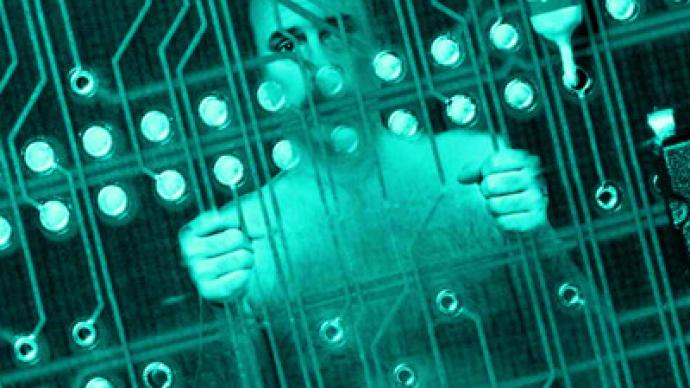FCC net neutrality rules to hinder Internet freedom

The Federal Communications Commission voted to approve the first ever US Internet access regulation, aimed at insuring access to legal web content is not impeded for home Internet access.
The so-called net neutrality regulation was introduced by FCC Chairman Julius Genachowski over a year ago and was supported by the Democratic members of the voting body. The Republican members of the FCC voted against the new rule. Intense debate among Internet freedom advocates, lobbyists and regulatory analysts has erupted over whether the regulation is needed or even legal. Legal and congressional challenges are expected. In addition, the new rule does not apply to personal Internet use on mobile phones. Jason Rosenbaum, the senior online campaign director at the Progressive Change Campaign Committee explained there are simply too many loop-holes in the new rules, and that they in fact would cater to big business. “What the FCC did today, while they’ll call it net neutrality, wasn’t net neutrality,” said Rosenbaum. “For the first time in history the US government has said it’s ok for corporations to discriminate online and to censor online, and that’s a real unfortunate thing.” The Obama administration is claiming victory, arguing the rules will create job growth and stimulate investment. Rosenbaum disagreed, he explained the rules split mobile and at home Internet access.“On your phone, corporations are allowed to block things they don’t like,” he said. “If they don’t like your politics, they could block it.”For at home Internet access, the new rules set up two parallel Internets. One would be the high end site, where companies pay to place their content. On the other side is a slower version that is public and free, which would not stimulate innovation and entrepreneurship that has been seen in the past, from companies like Google, YouTube, Amazon.com and others.“These are the companies that are started in people’s garages, people who have very little money but have a great idea, and that’s what the Internet is all about. You can take your great idea and turn it into a great company that creates jobs and products that everybody buys and millions and billions of dollars. You can do that, and you don’t need to be these big companies, the Sears of the world or the IBMs of the world or anything like that. This rule really tilts the playing field toward the big companies and really squashes out the innovators,” Rosenbaum said. The Internet is about turning good ideas into action; the new rules inhibit that natural ability of the Internet. The new rules have drawn fire from both Democrats and Republicans; Democrats because it gives too much power to corporate interests, and the Republicans because they fear an increase in government encroachment in online commerce. Members of both parties are likely to seek congressional action to challenge the details of the new rules.














